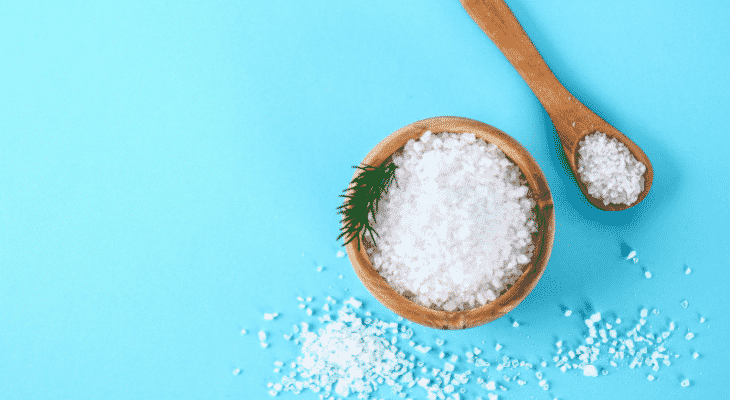As a nation, our tastebuds have learned to love that salty flavour. On average, Australians consume roughly double the recommended maximum amount of salt in search of it.
The trouble is that too much salt – or more accurately too much sodium, the mineral that salt is comprised of – can lead to high blood pressure, a primary risk factor for heart disease and stroke. It also bumps up the risk of other health problems, such as kidney disease.
It’s these risk factors that are helping to drive sales of reduced-salt packaged food – a market expected to be worth more than $160 billion in 2022. It makes sense, considering three-quarters of the salt in the Australian diet comes from processed foods and condiments rather than being sprinkled as seasoning at the dinner table.
This trend also falls in line with wider measures to curb salt consumption. As a member state of the World Health Organisation, Australia has committed to help reduce the global population’s intake of salt by 30 per cent by 2025.
The benefits of low-sodium salt
A new type of salt is starting to make inroads – low-sodium salt. Unlike regular salt, a certain amount of sodium chloride is replaced with potassium chloride in low-sodium salt. It’s a mineral makeup that’s intended to be better for you – at least as far as the sodium-related health risks are concerned.
One example is popular low-sodium salt brand Saltwell. Its sea-salt production method causes a chemical reaction that delivers a salt grain containing 35 per cent less sodium than regular salt. Each grain also contains 15 per cent potassium. Offering products that can be used at home by the consumer or in large-scale food manufacturing, Saltwell claims to taste and perform just like regular salt.
It does pay to remember, though, that some people find the taste of potassium chloride bitter or metallic, so some low-sodium salts might not suit your tastebuds. Interestingly, research that was specifically designed to investigate how consumers react to the taste of potassium-enriched salts discovered most can’t tell the difference between it and regular salt when it contains no more than 30 per cent potassium.
As for the health benefits? While some people need to take care when consuming potassium-enriched salts – including those already living with kidney disease or diabetes, or are taking specific medications – studies on low-sodium salts are promising. They show low-sodium products can help reduce blood pressure and may even lower the risk of stroke, particularly for people in high-risk categories.
The takeaway? Thanks to low-sodium products, ‘pass the salt’ may be a phrase that just got less risky for our health and one of the many reasons you need to have products like these on your inventory list.
If you found this article interesting, subscribe here to Naturally Good News and get regular updates on the latest trends and innovations happening across the natural and organic business sector.


